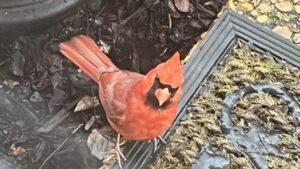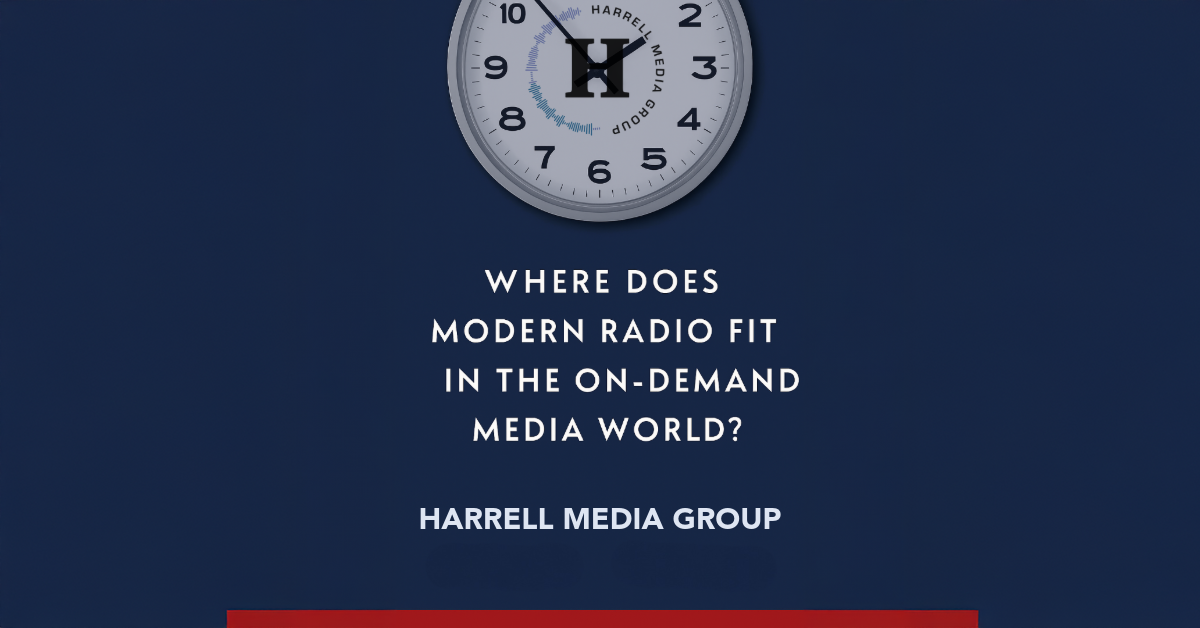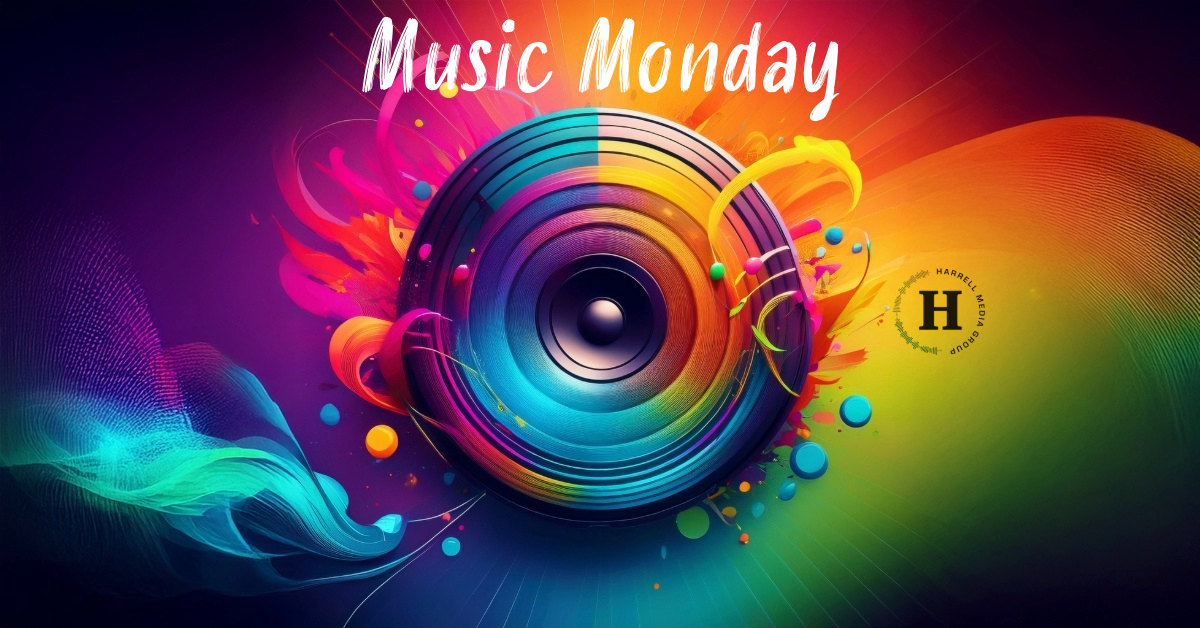
The leaking of classified documents is fascinating. Hang on, this isn’t a political opinion piece. It’s a post about your brand’s website. The U.S. Intelligence community discovered the vulnerability in early April. When I realized the documents had been out there a while I thought, “Who is paying attention?”
I know these documents were on private servers via Discord, but the investigation indicates the papers were making the rounds to larger groups for a full month before hitting more public social sites.

a one-person commission
Let me share my homemade investigation inspired by the classified documents leak. Use your best Keith Morrison voice and pretend this is a Dateline episode. “It was going to be a great day…or was it?”
I commissioned myself to surf radio station websites looking for problems. As leaders, we struggle to balance high-level observations and the need to get in the weeds. But I love yard work, and cleaning out those beds under the shrubs can improve the view and let the neighbors know you care.
I surfed the websites of seven radio stations all owned by different companies. Those sites represent brands in major, large, medium, and small population markets. Collectively, I spent about one hour on this project. That’s an average of 8.5 minutes per site. The goal was to select a tab or a link and look for something wrong. If I didn’t find it in the first selection, I would move to a second tab but not a third click. I didn’t want to spend more than ten minutes looking for a problem.

It didn’t take long. Typos weren’t the issue. Spellcheck features have helped us clean up misspelled words. The common violation was the use of the wrong word. It was spelled correctly, but it was the incorrect word for the sentence.
include all the words
I found one word in a story used on all the company’s radio station websites. A missing word was in the profile section of a station’s DJ/Talent. Hey, we take pride in our ability to communicate on the air in meaningful sentence fragments, but the written form needs to include all of the words.
Other violations included a faulty sales link and the wrong use of punctuation in a digital sales piece. No, I’m not talking about the Oxford comma debate. Yes, I tried it on several browsers. One station had an empty On-Air Schedule. Another station had an empty Upcoming Events page. Uh, we’re in Q2. This could point to revenue and community involvement issues.
There was one error that made me say out loud, “Who is paying attention?” It was the wrong word in the station’s Contest Rules. The spellchecker wouldn’t pick it up, but someone’s eyes would. Editorial note: don’t assume the document is correct because the legal department wrote it. All eyes on deck.
The errors I found were small things. No one is getting sued because of these mistakes. But the flubs weren’t style or clarity issues as you might find in this post. I’m certain the consensus about all the mistakes I discovered would be, “Fix it.”
vanishing listeners
The greatest fear in radio broadcasting isn’t the listener who complains about your product. The anxiety keeping us up at night is the listener who goes away and we never know why. They just vanish. Maybe they found another brand to satisfy their content tastes. Maybe they switched jobs and schedules. Or maybe they lost confidence in my brand because we made too many small, insignificant mistakes. The content-seeking audience has more choices than ever. They don’t have to give us too many passes before they pass on their allegiance.
If you don’t have the time to be the content gatekeeper, then find someone on your staff or in your circle of trust to help you fix the small but meaningful parts of your brand(s). Our mistakes don’t threaten global warfare, but those nuances make the viewer and the listener ask, “Who is paying attention?”

I end this moment with a powerful Keith Morrison quote: “We also have that great, old American saying — if it walks like a duck and quacks like a duck, it’s probably a duck. But you’re saying it’s a turkey!”
The post originally appeared on LinkedIn on April 23, 2023 https://bit.ly/3uTK5fe

Ron Harrell
As the founder of Harrell Media Group, I offer Fractional Management, Talent Coaching, and Consulting for radio and audio brands. Contact me for a No Copy & Paste review. https://www.harrellmediagroup.com




